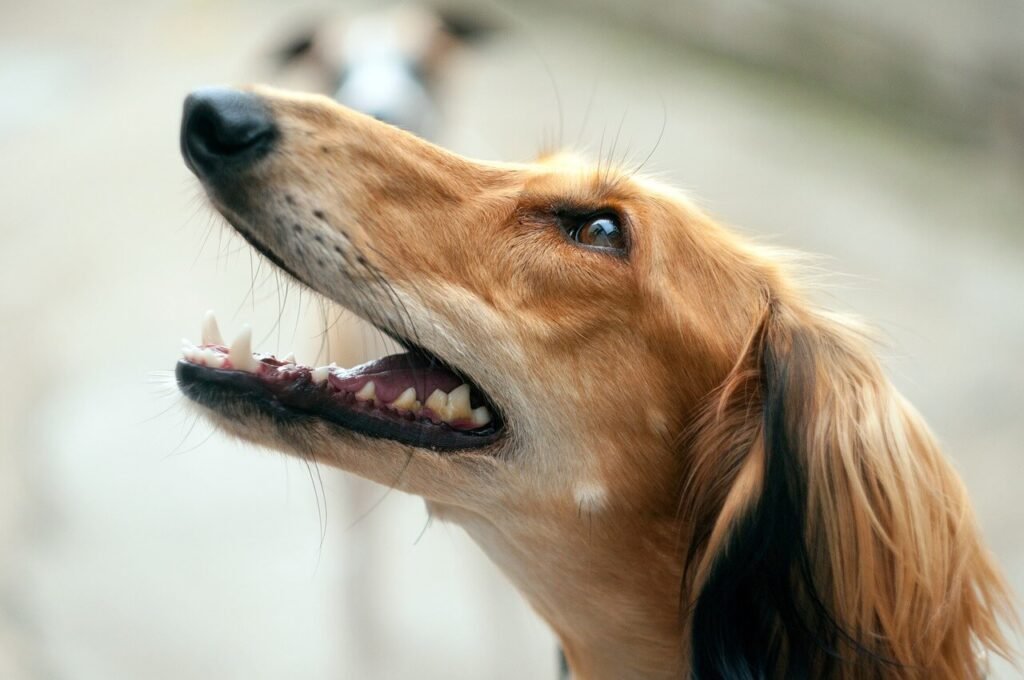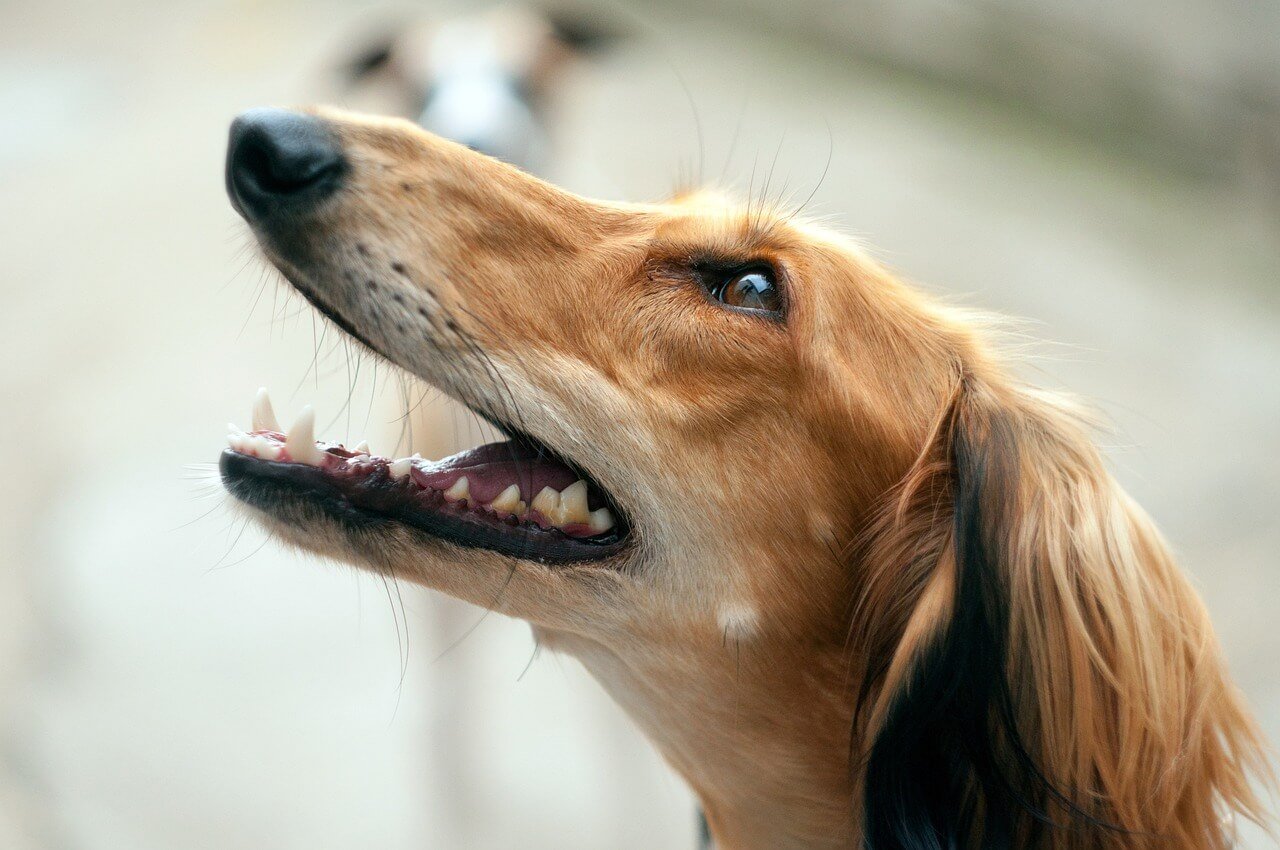Egyptian Dog Breeds: A Glimpse into Ancient Canine Legacy
Egypt has long been a cradle of civilization, and its rich history extends to the world of dogs as well. Egyptian dog breeds are not just pets; they are living embodiments of a storied past, often depicted in ancient art and hieroglyphs alongside pharaohs and gods. These breeds are known for their unique characteristics, loyalty, and adaptability to challenging environments. From the sleek Saluki to the vigilant Pharaoh Hound, each breed carries a piece of Egypt’s cultural heritage. In this article, we’ll explore the fascinating world of Egyptian dog breeds, uncovering their origins, traits, and why they continue to captivate dog lovers worldwide.
Timeless Companions: Discovering Iconic Egyptian Dog Breeds
Egyptian dog breeds are celebrated for their elegance, intelligence, and historical significance. These dogs have been cherished companions for thousands of years, serving roles from hunters to guardians. Here are some of the most iconic Egyptian dog breeds:
Saluki :
Known as the “Royal Dog of Egypt,” the Saluki is prized for its speed, grace, and independent nature.Pharaoh Hound :
This breed’s striking appearance and keen hunting instincts make it a favorite among enthusiasts.Basenji :
Often called the “Barkless Dog,” the Basenji is famous for its unique vocalizations and clever personality.Ibizan Hound :
With roots tracing back to ancient Egypt, this breed excels in agility and endurance.Armant :
A loyal and hardworking herding dog, the Armant is native to rural Egypt and highly valued for its versatility.
These breeds reflect the diversity and resilience of dogs that thrived in Egypt’s varied landscapes. Each one tells a story of survival, companionship, and cultural importance.
What Sets Them Apart: Unique Traits of Egyptian Dog Breeds
Egyptian dog breeds share certain characteristics that make them stand out from other breeds. These traits are shaped by their historical roles and the environments in which they evolved. Here’s what makes these dogs truly special:
Speed and Agility :
Many Egyptian breeds, like the Saluki and Ibizan Hound, were bred for hunting and exhibit remarkable swiftness.Independence :
These dogs often display a strong sense of independence, stemming from their history as working animals.Adaptability to Harsh Climates :
Their ability to thrive in hot, arid conditions reflects their origins in Egypt’s desert regions.Loyalty and Bonding :
Despite their independence, Egyptian breeds form deep bonds with their human families.Graceful Appearance :
Sleek, athletic builds and elegant features are hallmarks of many Egyptian dog breeds.
These shared traits highlight the versatility and charm of Egyptian dog breeds, making them ideal companions for those who appreciate their unique qualities.
Check this guide 👉Discovering Mexican Dog Breeds: Best 7 Expert Tips!
Check this guide 👉Vietnamese Dog Breeds: Best 7 Expert Tips!
Check this guide 👉Discovering the Charm of Korean Dog Breeds: Best 7 Tips!

Egyptian Dog Breeds | Key Characteristics |
|---|---|
Saluki | Speed, elegance, independent nature |
Pharaoh Hound | Athletic, loyal, excellent hunter |
Basenji | Barkless, intelligent, energetic |
Ibizan Hound | Agile, playful, great endurance |
Armant | Loyal, protective, versatile worker |
Caring for Your Egyptian Companion: Essential Tips
Owning an Egyptian dog breed comes with unique responsibilities. These dogs require specific care tailored to their needs, ensuring they remain healthy, happy, and well-adjusted. Here’s how to provide the best care for your Egyptian breed:
Provide Ample Exercise :
These active breeds need regular physical activity to burn off energy and stay fit.Maintain a Balanced Diet :
Feed high-quality food suited to their size, age, and activity level to support overall health.Regular Grooming :
While most Egyptian breeds have short coats, regular brushing keeps their fur shiny and reduces shedding.Mental Stimulation :
Engage their intelligent minds with puzzles, training sessions, and interactive toys.Socialization :
Expose them to different people, animals, and environments early on to foster confidence and good behavior.
By addressing their physical and mental needs, you can ensure your Egyptian dog thrives as a loving and loyal companion.
Echoes of Antiquity: The Role of Dogs in Ancient Egypt
Dogs held a revered place in ancient Egyptian society, often depicted in art and mythology as symbols of loyalty, protection, and divinity. Their roles ranged from hunting partners to spiritual guardians. Here’s how these breeds were woven into Egypt’s cultural fabric:
Depictions in Art :
Dogs appear in tomb paintings and sculptures, often shown alongside pharaohs and nobles.Hunting Companions :
Breeds like the Saluki were prized for their ability to chase down prey in the desert.Guardians of the Afterlife :
Some dogs were buried with their owners, believed to guide them in the afterlife.Symbolic Meanings :
Dogs represented loyalty, vigilance, and protection in Egyptian mythology.Gifts to the Gods :
Certain breeds were associated with deities like Anubis, the jackal-headed god of mummification.
The legacy of these dogs endures today, reminding us of their enduring bond with humanity and their role in shaping history.
Building a Strong Bond: Effective Training Strategies for Egyptian Breeds
Training an Egyptian dog breed requires patience, consistency, and an understanding of their unique personalities. While these dogs are intelligent and eager to learn, their independent nature can sometimes pose challenges. Here are some tips to help you train your Egyptian breed effectively:
Use Positive Reinforcement :
Reward good behavior with treats, praise, or toys to encourage repetition and build trust.Keep Sessions Short and Engaging :
These breeds have short attention spans, so aim for 5–10 minute sessions to maintain focus.Be Consistent with Commands :
Use clear and consistent verbal cues to avoid confusion and reinforce learning.Leverage Their Hunting Instincts :
Incorporate games like fetch or scent-based activities to tap into their natural instincts.Avoid Harsh Corrections :
Egyptian breeds respond poorly to punishment; instead, redirect unwanted behaviors calmly.
By using positive and patient training methods, you can nurture a well-behaved and confident companion who thrives on mutual respect and understanding.
Staying Healthy: Common Health Concerns and Preventive Care
Like all dog breeds, Egyptian breeds are prone to certain health issues that owners should be aware of. Regular veterinary care and preventive measures can help ensure your dog lives a long and healthy life. Here’s what to keep in mind:
Hip Dysplasia :
Larger breeds like the Armant may be susceptible to joint issues; maintain a healthy weight to reduce strain.Eye Conditions :
Breeds like the Pharaoh Hound may develop eye problems; schedule regular check-ups with a vet.Bloat (Gastric Torsion) :
Deep-chested breeds like the Saluki are at risk; feed smaller meals and avoid vigorous exercise after eating.Skin Sensitivities :
Short-coated breeds like the Basenji may have sensitive skin; use hypoallergenic grooming products.Parasite Prevention :
Protect against fleas, ticks, and heartworms with routine preventive treatments.
Proactive health management ensures your Egyptian dog remains active, happy, and free from preventable ailments.
Finding Your Perfect Match: How to Select an Egyptian Dog Breed
With so many wonderful Egyptian dog breeds to choose from, it’s important to select one that aligns with your lifestyle and preferences. Each breed has distinct traits that make them better suited for certain environments or families. Here’s how to find the right fit:
Active Lifestyles :
High-energy breeds like the Saluki or Ibizan Hound are ideal for owners who love outdoor adventures.Apartment Living :
Smaller breeds like the Basenji adapt well to compact spaces if given enough exercise.Families with Kids :
Gentle and loyal breeds like the Armant are excellent companions for households with children.First-Time Owners :
The Pharaoh Hound is relatively easygoing and makes a great starter breed for novice dog owners.Low-Maintenance Grooming :
Most Egyptian breeds have short coats, requiring minimal grooming compared to other breeds.
By considering your lifestyle and needs, you can find an Egyptian dog breed that complements your home and becomes a cherished part of your family.
Frequently Asked Questions About Egyptian Dog Breeds
Are Egyptian dog breeds suitable for first-time owners?
Some breeds, like the Basenji, may be challenging for beginners due to their independence and energy levels.
Do Egyptian dog breeds bark a lot?
Most Egyptian breeds are relatively quiet, though the Basenji is known for its unique yodel-like sounds.
How much exercise do Egyptian dog breeds need?
These active breeds require at least 1–2 hours of exercise daily to stay healthy and content.
Are Egyptian dog breeds good with children?
Yes, many Egyptian breeds are gentle and loyal, making them excellent family companions when properly socialized.
What is the lifespan of Egyptian dog breeds?
Most Egyptian breeds live 12–15 years, depending on their size and overall health.
Final Thoughts: Celebrating the Legacy of Egyptian Dog Breeds
Egyptian dog breeds are more than just pets—they are living testaments to a rich and storied past. From their graceful appearances to their unwavering loyalty, these dogs embody the spirit of ancient Egypt while adapting seamlessly to modern life. Whether you’re drawn to the speed of the Saluki, the elegance of the Pharaoh Hound, or the cleverness of the Basenji, owning one of these breeds means embracing a piece of history. By providing love, care, and understanding, you can honor their legacy and enjoy a lifelong partnership with a truly remarkable companion.
Do Cats Have Taste Buds? Best 7 Expert Tips! – Discover how cats experience flavors and why their taste is so unique.
Do Dogs Have Taste Buds? Best 7 Expert Tips! – Discover how dogs experience taste, their preferences, and what it means for their diet and health.
Can Cats Taste Sweet? Best 7 Expert Tips! – Discover why cats can’t taste sweetness, how it affects their diet, and tips to keep them healthy and happy.
Can Dogs Taste Sweet? Best 7 Expert Tips! – Discover how dogs perceive sweetness, which foods are safe, and tips to manage their sweet cravings responsibly.





